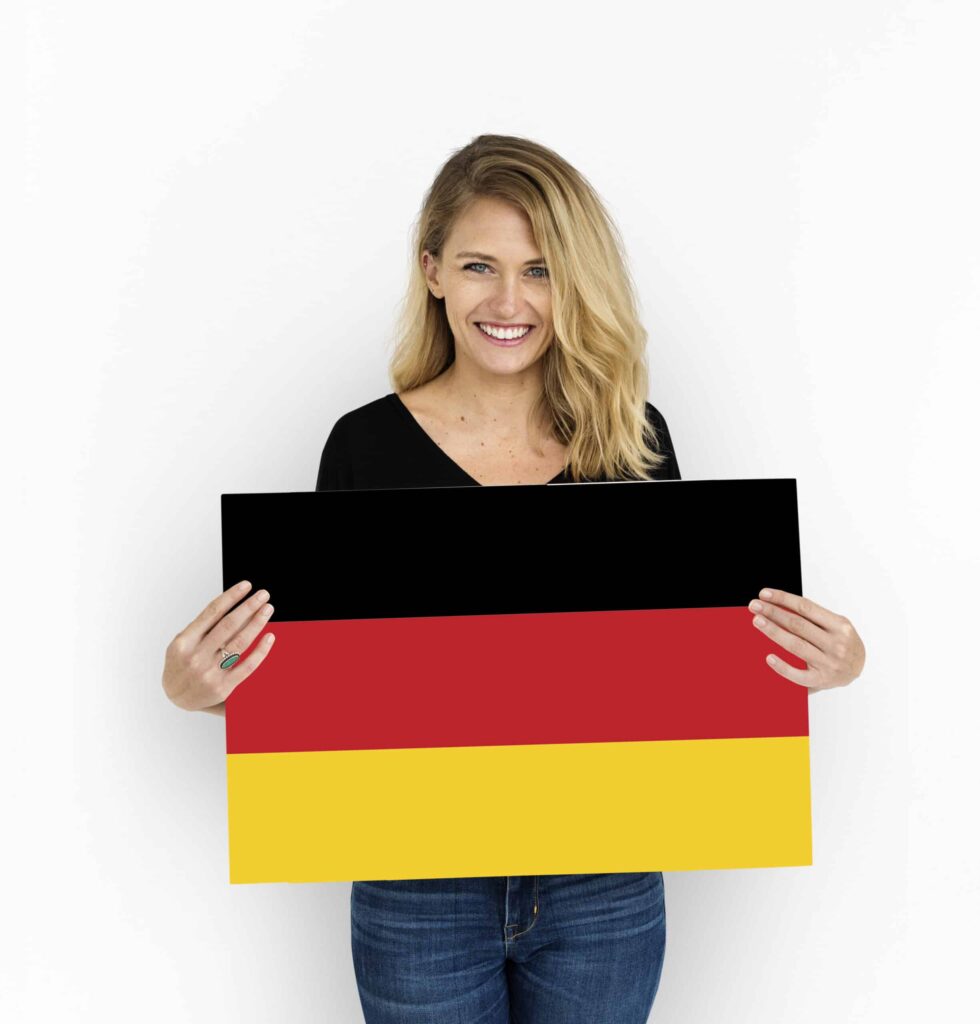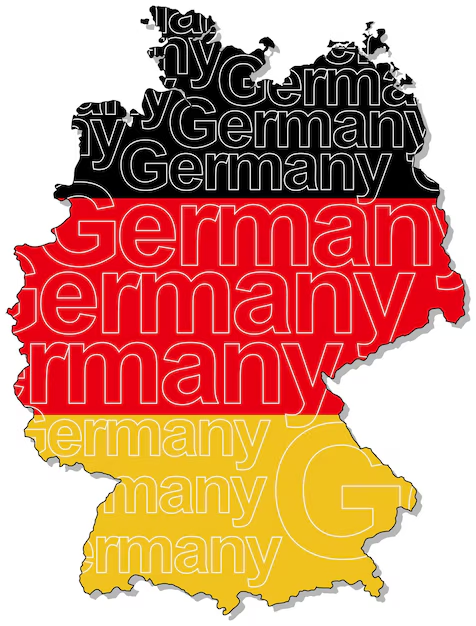Germany already has a shortage of well-trained skilled workers in many regions and sectors.The number of unfilled positions in 2022 was around 1.98 million. To counteract this shortage of skilled workers, the German government has developed a skilled worker strategy that focuses strongly on promoting domestic potential.
In particular, it aims to increase the labor force participation of women and older people and to strengthen training and continuing education.
Nevertheless, the government recognizes that Germany is also dependent on skilled immigration to secure and expand the skilled labor base of companies.
However, the German government has a clear goal to change this. “We want skilled workers to be able to come to Germany quickly and easily and to advance their professional careers here. We want to remove bureaucratic hurdles,” emphasizes Federal Minister of the Interior Nancy Faeser.
“If people bring professional experience or personal potential with them, they should be given the opportunity to gain a foothold in our labor market.”
The introduction of an opportunity card with a points system that enables skilled workers to come to Germany based on their skills and qualifications is a crucial step in this direction. The opportunity card is intended to make the selection of suitable candidates more transparent and objective and to ensure that skilled workers who want to work in Germany are welcomed and can make their contribution to the German economy.
With the planned further development of skilled labor immigration and the promotion of qualified immigration opportunities, the German government aims both to alleviate the shortage of skilled workers in Germany and to offer talented people from abroad attractive prospects. In this way, Germany can be strengthened and further developed as a business location.
In the future, there will essentially be three paths for skilled workers to immigrate to Germany:
1.Qualification With the EU Blue Card, IT specialists, for example, who are currently in particularly high demand in Germany, can already come to Germany with recognized qualifications. For them, the salary threshold is lowered, the length of professional experience is reduced and proof of German language skills is waived. Those with a degree will be able to pursue any qualified occupation.
2. Anyone who has at least two years of work experience and a vocational qualification acquired abroad and recognized by the state there can come as a skilled worker in the future. The qualification no longer has to be recognized in Germany beforehand. This means less bureaucracy and thus shorter procedures.
3 Potential. An opportunity card will be introduced for people who do not yet have a concrete job offer but who bring potential to the labor market. This is based on a points system. The criteria include qualifications, knowledge of German and English, and professional experience.


















